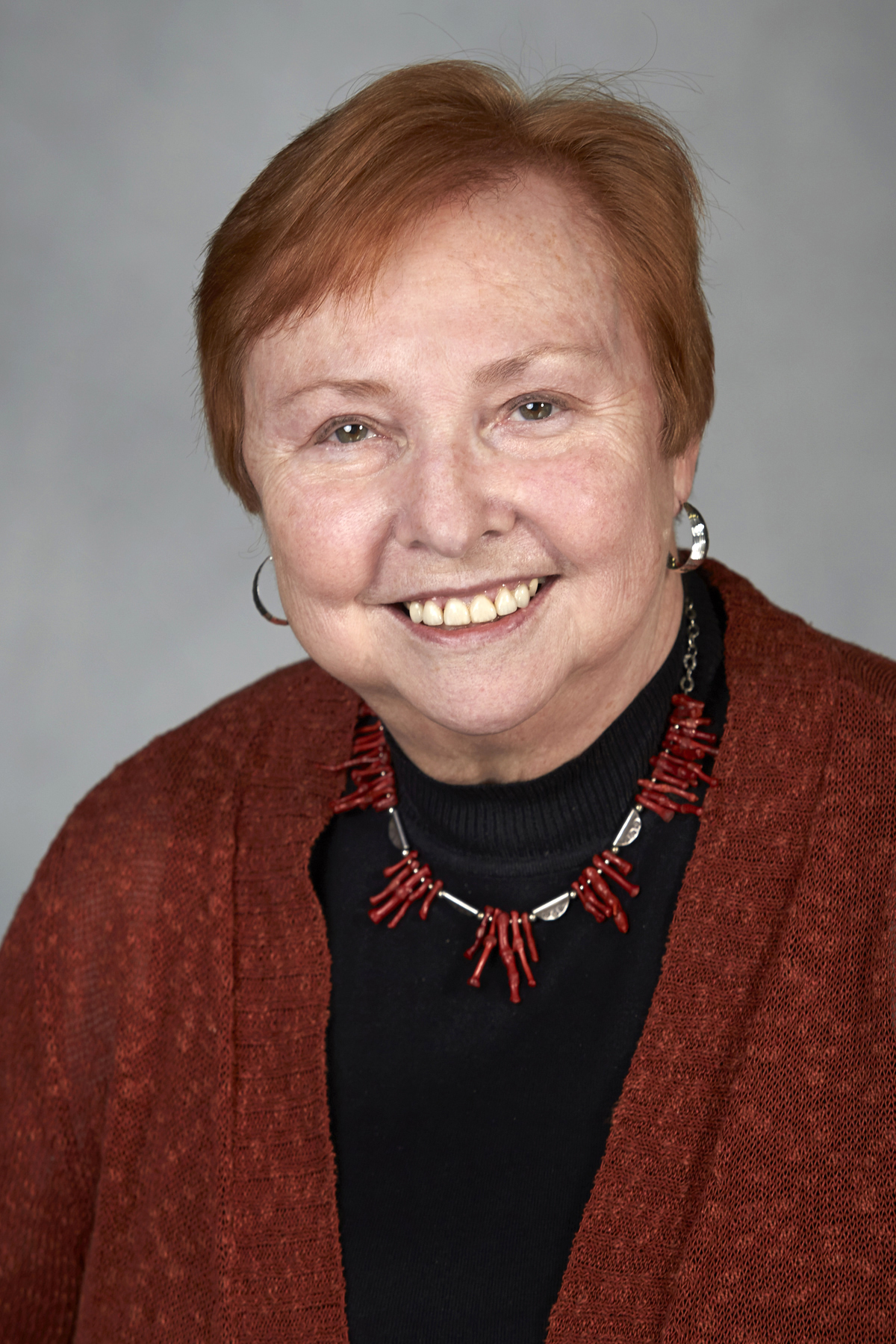Women's Leadership Summit Addresses Allyship
December 14, 2021
By Lisa Ryan
Allyship was the theme of the second annual Women’s Leadership Summit, a discussion of gender equity in medicine, science and leadership, from the Women in Medicine and Science Committee (WIMSC).
WIMSC held the Friday, Dec. 3 event in collaboration with the Offices of Faculty, and Diversity, Equity and Inclusion, as well as the Executive Leadership in Academic Medicine (ELAM) program.
The event’s focus evolved naturally, according to WIMSC co-chairs Jacqueline Barker, PhD, an associate professor in the Department of Pharmacology & Physiology, and Vanessa Pirrone, PhD, an associate professor in the Department of Microbiology & Immunology and assistant dean of admissions.
WIMSC was able to share its best practices for allyship and career progression through the virtual event, which brought together over 300 attendees across career levels, from medical and graduate students to senior faculty.
"It became really clear to the committee as we planned last year’s event that with the intersection of racism with the COVID-19 pandemic, there’s a pressing need for us as people with privilege and relative power to learn to not just cooperate, but also collaborate,” Barker said. “We need to make an effort to be active allies in people’s careers.”
WIMSC was able to share its best practices for allyship and career progression through the virtual event, which brought together over 300 attendees across career levels, from medical and graduate students to senior faculty.
Guests at the Summit came from the Drexel University community and College of Medicine affiliates, such as Tower Health and Allegheny Health Network, as well as institutions like Johns Hopkins, the Mayo Clinic, and the National Institutes of Health (NIH). Barker and Pirrone said the Zoom-based format, without the geographic constraints of an in-person event, allowed for representation of a wider range of perspectives and experiences.
“Making sure you have your finger on the pulse of issues that are part of the national conversation is much easier when you invite in outside speakers and outside guests who can ask questions,” Barker said. “It provides perspective to us, so we can make sure the College of Medicine community is still on the cutting edge of answering those questions.”
The event discussed gender equity in medicine and science with an intersectional focus. One panel covered strategies women in leadership could use to better support the career advancement and growth of people from communities that have been historically underrepresented in STEM.
A second panel showed how men in leadership can demonstrate allyship to colleagues and mentees, while the day’s third and final session addressed strategies to help scientists from underrepresented groups identify and connect with allies at work.

Barbara Atkinson, MD
Also included in the program was the presentation of the WMC/MCP Phyllis Marciano, MD, WMC ‘60, Woman in Medicine Award, given annually to a female physician, scientist or staff member to recognize leadership, teaching of students, care of patients and status as a role model for women in medicine. This year’s winner is Barbara Atkinson, MD, Founding Dean Emeritus, UNLV School of Medicine.
“Allies are really important, probably the most important thing – and I was so happy to hear that word being used instead of ‘mentor,’ because it’s not just mentors who help,” she said when she accepted the award.
In 1996, Atkinson became the Walter H. and Leonore Annenberg Dean for the Medical College of Pennsylvania (MCP), a College of Medicine legacy school. Prior to her time as dean, Atkinson served the College as the Chair of Pathology.
Atkinson shared lessons she learned as a leader at MCP and beyond, encouraging physician leaders to always be honest and optimistic, and to make fair and collaborative decisions, among other things. Atkinson credited friends and colleagues from MCP, many of them women and many in the field of pathology, with helping her grow her career.
“There are so many people who helped me when I was at MCP,” she said. “It’s wonderful to think of all the friends I’ve had – all the people who’ve helped me, and all the allies.”
Following the event, Barker and Pirrone heard from attendees who used the day’s presentations as a springboard for conversations about equity at work and home. They hope the positive impact of the event will continue.
“I hope this really begins a lot of conversation for people, and that we don’t just say, ‘Okay, this was a nice event,’” Pirrone said. “We hope this sparks change and action in people, that they say, ‘I learned something, now let’s apply it,’ at an organizational or individual level.”